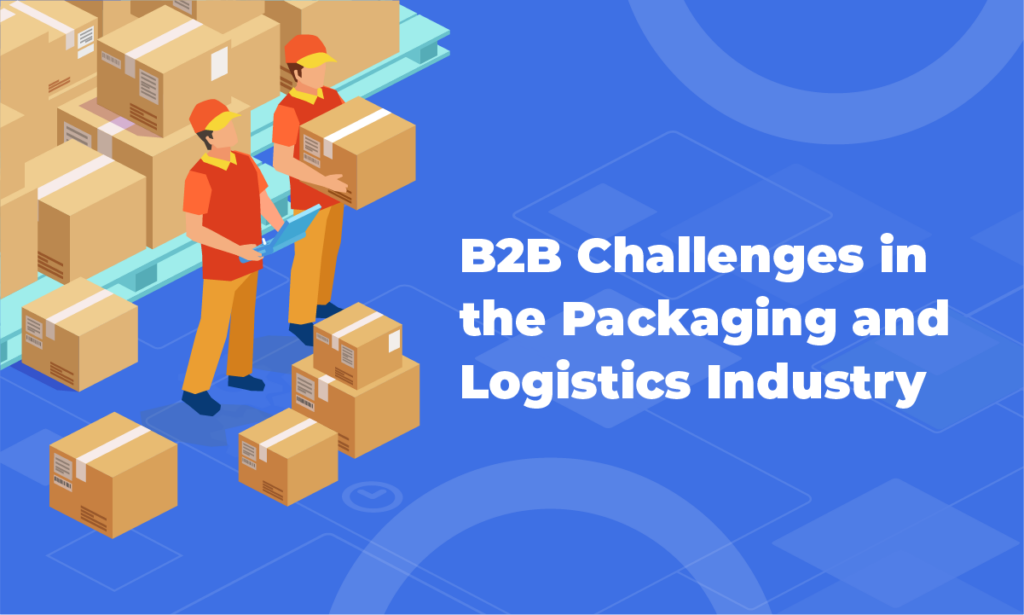Traditionally, manufacturing and shipping processes have simply focused on producing products to deliver to buyers who then sell them to consumers.
However, ecommerce has blurred the distinction between business to business (B2B) and business to consumer (B2C) transactions. The need for speed is placing great demands on supply chain performance. Wider choice in a global market is challenging traditional assumptions about who customers are and where they will be found.
The manufacturing supply chain is changing dramatically and ecommerce is playing a major role in its evolution.
Customer expectations
Customers are demanding personalized, low-cost, and reliable solutions. They are expecting faster, customer-service focused experiences. Improved customer service delivered through a self-service B2B ecommerce channel can transform manufacturing businesses.
In contrast, manufacturers who fail to deliver satisfying, ‘natural’ online experiences will be overlooked by customers and penalized by search engines, damaging their overall performance.
Self-service and customer service
Modern buyers expect anywhere, anytime self-service ecommerce from manufacturers to match the standards of their retail experiences. To meet their expectations manufacturers must deliver efficiency, information and added value.
Content management must become a priority for manufacturing ecommerce. Product catalogues and technical information might need to cover thousands of items. In addition to handling this volume of information reliably and consistently, content management must also deliver an enhanced customer service experience.
Merging in the Cloud
Cloud-based systems like Cloudfy help to achieve customer-focused B2B ecommerce for manufacturers by enabling existing, legacy systems and new technologies to merge.
Throughout the supply chain, businesses have typically used different, unconnected systems to produce and ship a product. Now, using powerful built-in integration, application programming interfaces (APIs), and the Internet of Things (IoT) the systems used for enterprise resource planning (ERP), transport management, warehouse management and tracking for returns and refunds can all be included in a seamless, smart process.
Manufacturers now have the tools they need to thrive in a digital world, especially as competition becomes more intense. Just in time manufacturing is achievable to streamline processes, reduce waste, improve performance and inform future decisions.
Ready for global business
In a digital world competition for new customers is truly global. Manufacturers must be willing to merge their offers and services, possibly working with others in the sector and supply chain to gain a competitive edge.
For example, up to 15% of global sales parts for the automotive aftermarket will be bought and sold through B2B ecommerce. Frost and Sullivan predict that the market will be significantly disrupted through:
- partnerships with distribution centers, dealers, and consumers to create improved ecommerce solutions
- exclusion of third parties, who risk losing a significant share of the market.
Being present for customers
Manufacturers must focus on connecting their online service and ‘bricks and mortar” premises in a single customer-focused solution.
For example, Walmart customers can buy products directly from the manufacturer online and pick up them up in-store.
Buyers want choices and expect manufacturers to be accountable throughout the order and shipping process.
Using a seamless multi-channel approach, businesses will gain trust from buyers. Engagement with customers will help to increase revenue, improve satisfaction, reduce costs and errors.
Manufacturing companies that embrace ecommerce to change the way businesses work together and how they do business with their customers are achieving growth and excellent returns on investment.
Find out how a manufacturing ecommerce solution in the Cloud could transform your business. Speak with one of our experts.





